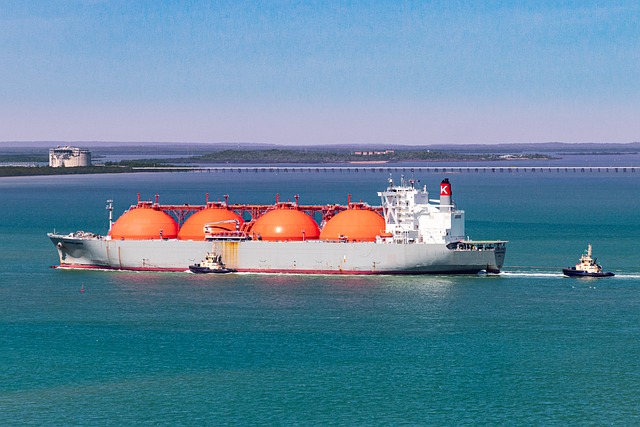
The Old Continent Takes an Important Step Towards the Much-Desired Energy Security
Energy security has become one of the fundamental pillars of European Union (EU) policies, driven by the need to ensure a reliable and sustainable supply of energy for its citizens and industries, in a period, such as the current one, marked by a strong geo-political instability. One of the crucial strategies to address this challenge is the improvement of natural gas reserves through the storage process. Surprisingly, recent news indicates that the EU is progressing towards its gas storage target ahead of schedule, demonstrating the Union’s continued commitment to ensuring energy stability.
The gas storage objective of the European Union derives from the need to avoid situations of energy crisis, such as those which occurred also in the recent past. Gas supplies can be disrupted due to international conflicts, trade tensions or natural events, putting entire countries’ energy supplies at risk. To mitigate this risk, the EU has set itself the goal of accumulating sufficient gas reserves to deal with emergencies and ensure continuity of supply. Recently, data and reports from the European Union have revealed astonishing progress in meeting the gas storage target. Indeed, instead of waiting for the original deadline, the EU appears to be on track to complete the build-up of gas reserves ahead of schedule and this extremely positive sign reflects the effectiveness of the energy management strategies of the Union and the determination to ensure the energy security of its member states.
Achieving the gas storage target brings with it several tangible benefits and accumulating it in advance could help reduce the risk of energy crises in the event of unforeseen events that could interrupt the supply of natural gas. These precautions are intended to protect both citizens and industries from economic instability and rising energy prices. Achieving the gas storage target earlier contributes to the stability of energy markets, as increased gas availability can mitigate price fluctuations and ensure a constant supply, and such energy security is crucial for economic growth and attractiveness of investments. The availability of gas reserves can increase investor confidence and encourage the expansion of energy and manufacturing industries.
Furthermore, a stable gas supply can promote the use of natural gas as a cleaner energy source compared to more polluting fossil fuels, contributing to the EU’s efforts to transition towards a low-carbon economy. The early achievement of the EU gas storage target is not accidental but is the result of a combination of strategies and actions. Indeed, the European Union has been actively working to diversify its gas supply sources, reducing dependence on a single country or a single region. This makes the EU less vulnerable to supply disruptions.
The EU worked with gas producing and transitional countries to foster cooperation and ensure continuous supply flows. Bilateral and multilateral agreements have helped stabilize the gas market together with investments in the construction and expansion of storage infrastructure, improving the ability to accumulate long-term reserves. EU member states have adopted integrated energy planning that takes into account the diversification of energy sources and strategic gas procurement, contributing to a more resilient system.
The anticipated achievement of the European Union’s gas storage target is a sign of successful management of energy security and has been achieved through strategic planning, international cooperation and investments in energy infrastructure. Maintaining progress and determination to ensure continuity of energy supply remains crucial to ensure economic stability and the well-being of EU citizens. With a forward-looking vision and concrete actions, the European Union is proving to be a leader in pursuing innovative and sustainable solutions to the energy challenges of the future.
Alessandro Fiorentino



 Subscribe
Subscribe